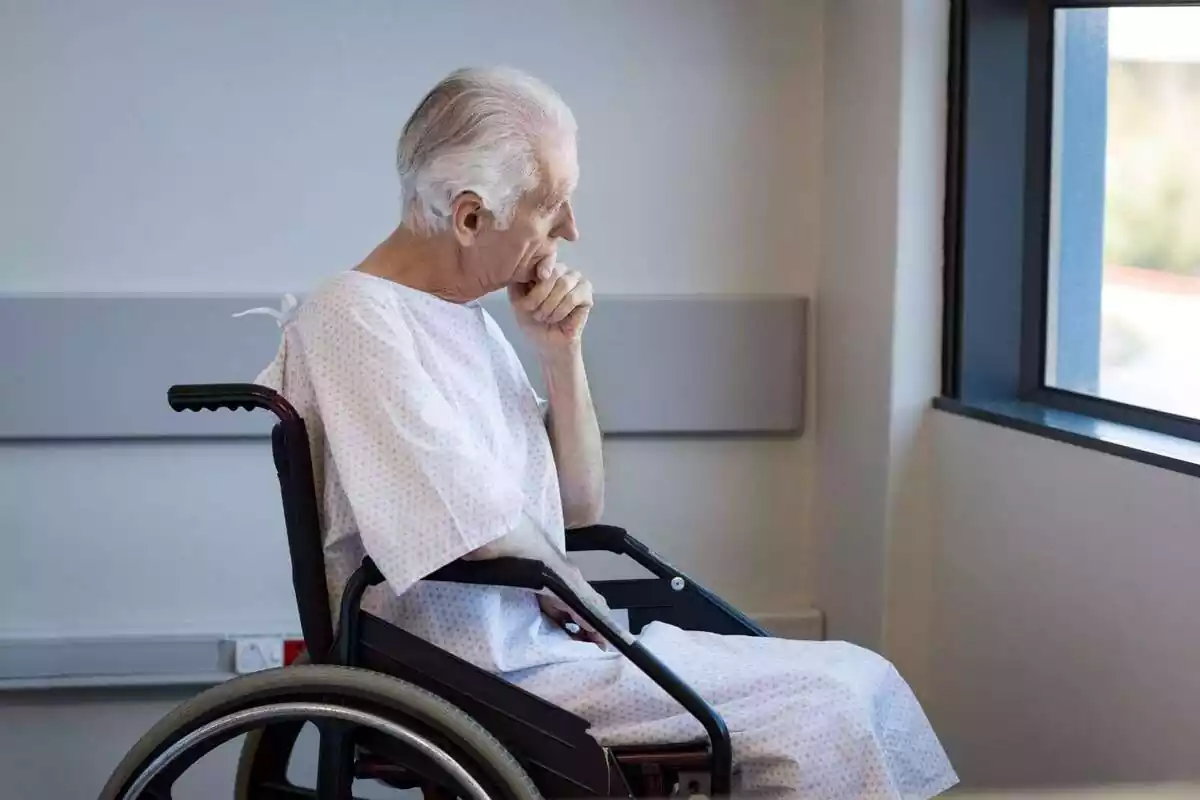The healthcare system in the United States is changing, and retirees need to stay alert. Medicare, the program that many older adults use to cover their medical services, is implementing new rules that could complicate access to certain treatments. This change has caused concern and many questions.
What's happening with Medicare?
Until now, traditional Medicare beneficiaries could access most medical services without needing prior authorizations. This means they could receive certain treatments without waiting for advance approval from the insurer.
But that's about to change. The government has announced that it will implement a new system called WISeR Model, which requires prior authorization for more than 17 specific types of medical services. For now, this measure will be a pilot program that will begin in six states: Arizona, Texas, Oklahoma, Ohio, Washington, and New Jersey.

Why this change?
The main goal is to fight fraud and waste within the healthcare system. The Centers for Medicare & Medicaid Services (CMS) reported that there are many abusive practices or unnecessary procedures that raise costs and affect the system's efficiency.
To do this, the WISeR Model will use advanced technological tools, including artificial intelligence, to evaluate cases in which treatments might not be necessary or might be misused. Although technology will play a key role, final decisions will still be made by licensed physicians.
What services will be affected?
Some of the services that will now require prior authorization are:
- Electrical nerve stimulation for pain or specific conditions
- Procedures for urinary incontinence
- Brain stimulation for diseases like Parkinson's
- Injections for chronic pain
- Specific surgeries such as cervical fusion or procedures for osteoarthritis
- Advanced treatments for chronic wounds
However, emergency services, hospitalizations, and urgent treatments will be excluded from this regulation so as not to affect patients' immediate health.

What does this mean for retirees?
This change may bring more bureaucracy and potential delays. Many patients and healthcare professionals fear that the need for prior authorization will make it harder to quickly access necessary treatments. For older people, who often require rapid and ongoing care, this could be a serious problem.
For example, in 2023 alone, fewer than half a million prior authorizations were requested in traditional Medicare. Now, with more services subject to this rule, a significant increase in these procedures is expected.
A solution or another problem?
The government defends this measure as a way to make the system more efficient and sustainable, preventing misuse of resources. But not everyone is convinced. Some experts warn that bureaucracy may grow and medical care may worsen.
This pilot program will be a test. If it works well, it could be extended nationwide. But if it causes many problems, it could be discarded or modified in the future.

